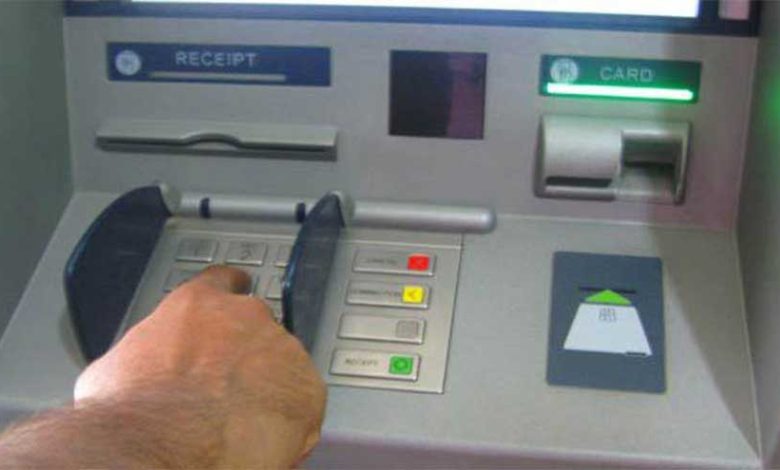As the economy stabilizes, Pakistani banks are the best in Asia-Pacific at making money on stocks.

According to statistics from market research firm S&P Global Market Intelligence, Pakistani banks did better than all their Asia-Pacific peers in the third quarter of 2025. Several local lenders were at the top of a regional list of the best-performing bank stocks.
The excellent performance suggests that investors are becoming more confident in Pakistan’s banking industry. This is because the country’s economy is starting to stabilize after the International Monetary Fund gave it a $7 billion bailout last year. The scheme helped calm worries of default, boost foreign reserves, and stabilize the currency after two years of serious financial duress. Inflation has gone down from record highs, and the government is pressing on with privatization, tax and energy reforms, and digitalization efforts. All of these are meant to restore trust among investors and lenders.
S&P Global Market Intelligence claimed in its most recent research that “Pakistan-based lenders dominated a ranking of Asia-Pacific banks with the best-performing stocks in terms of total return in the third quarter.” They also noted that local stocks had gotten stronger over the review period.
The market data company said that its quarterly study looked at publicly traded banks in the Asia-Pacific region with a market cap of more than $100 million. It used total returns from June 30 to September 30, 2025.
The study found that the Bank of Punjab had the best performance, with a total return of 176.4 percent between June 30 and September 30. The Bank of Khyber came in second with 108.2 percent. The National Bank of Pakistan, JS Bank Ltd., Askari Bank Ltd., and Habib Bank Ltd. were all among the top 15 achievers.
A “total return” shows how much value investors acquired from both stock price increases and dividends over a certain time period. This is an important sign of how confident people are in a bank’s financial soundness and capacity to make money.
The rise in Pakistani bank shares shows that people are hopeful about the government’s plans for reform and the country’s overall economic stability, even though there are still problems like high energy costs, slow exports, and being vulnerable to climate shocks.
PT Allo Bank Indonesia Tbk came in third with an 89.2 percent total return, and Vietnam Prosperity Joint Stock Commercial Bank, which has the highest market capitalization among the top 15, came in seventh with a 68.1 percent gain.
On the other end of the scale, Indonesia’s PT Bank Nationalnobu Tbk had the most losses, with a total return of -31.9 percent. Several mid-tier Chinese and Indian banks also did poorly since credit growth was slower and the home market was under pressure.